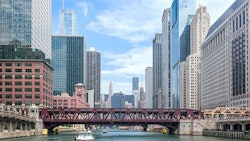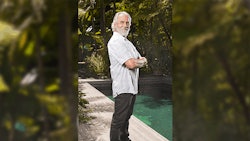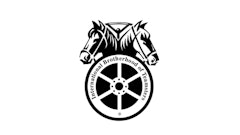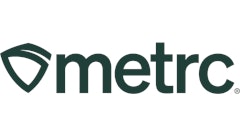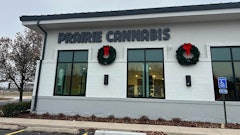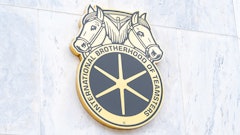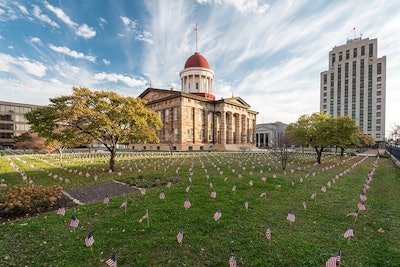
Illinois regulators will award additional cannabis business licenses later this month, with 21 social equity applicants advancing into what the state is calling a lottery system for 75 licenses.
The state received 1,667 applications for this process, totaling in sum more than 4,000 individuals connected in one way or another to a prospective cannabis firm. Now, a group of companies behind some of unsuccessful bids has filed a federal lawsuit that alleges political motivation behind the surprising number of businesses moving forward.
Read the full lawsuit below.
“[The state] promised that this round of new licenses was specifically designed diversify the cannabis industry and open it to Social Equity Applicants who had traditionally been excluded. Members of communities in need of economic development were encouraged to apply,” according to the lawsuit. “Many did, investing considerable money, sometimes their entire life savings.”
Southshore Restore and Heartland Greens, two Black-owned businesses, are leading the call for injunctive relief in court. The plaintiffs argue that the 75 available constitute at least $1 billion in value, and that to close off the lottery to otherwise apt businesses defies the intent of this latest round of cannabis market expansion in the state.
It’s unclear why so many of the applicants were not deemed eligible. According to the state, requirements for this phase of licensing include “social equity status” and “veteran status,” both of which, have been achieved by Southshore Restore and Heartland Greens as two primary examples in the suit.
“We knew that this was going to be an exciting time but also a very, very disappointing time for the people who didn’t make it to the final phase,” gubernatorial adviser Toi Hutchinson told the Chicago Tribune.
According to the lawsuit, however, there’s more than meets the eye. “Based on their corporate registrations, at least some of the 21 Tied Applicants declared eligible for these enormously valuable licenses (collectively worth more than a billion dollars) are politically-connected,” the plaintiffs assert. “These include, for example, separate groups owned by a former Superintendent of the Chicago Police Department, Illinois gaming operators, the leader of the Illinois cannabis trade association/lobbying group, a private equity fund, the owner of an iconic Gold Coast restaurant/brand, and at least one Democratic Committeeman and lobbyist.”
The lawsuit also raises a question about one successful applicant’s ties to KMPG, the international firm that the state of Illinois paid $4.2 million to conduct the scoring assessments in the first place.
Jim McGann, a KPMG spokesman, responded to the assertion via a statement shared with the Tribune: “The scoring process was objective, following the state’s criteria, with a blind scoring methodology. The team scoring the applications would have no knowledge of the names or affiliations of applicants. A separate team scored certain aspects of the application, such as social equity.”
It's another speed bump for a new adult-use market beset by headlines questioning its social equity actions. https://www.cannabisdispensarymag.com/news/category/illinois/
“For those applicants not among the 21 selected for the Lottery,” the lawsuit states, “the [state] has announced on its website that there will be no process for agency administrative review, and that all such applicants not selected for the Lottery have no recourse other than to file lawsuits.
The lottery process, unless otherwise stalled again, is set to continue later this month.
Southshore Restore et al v. Illinois Department of Financial and Professional Regulation et al by sandydocs on Scribd











